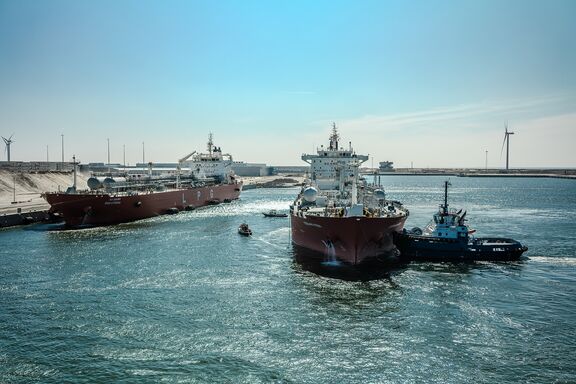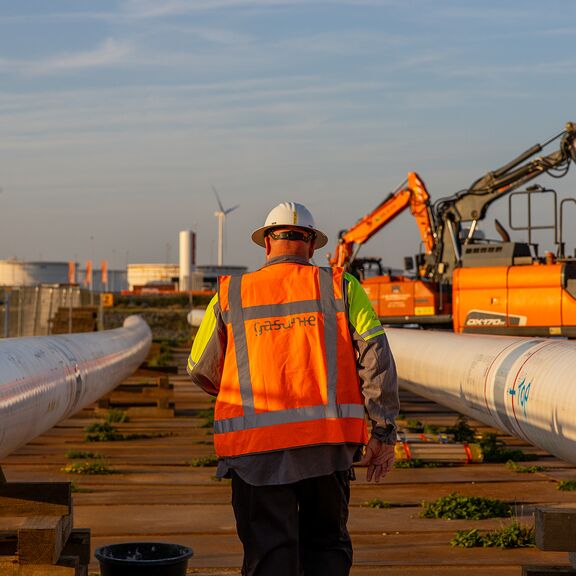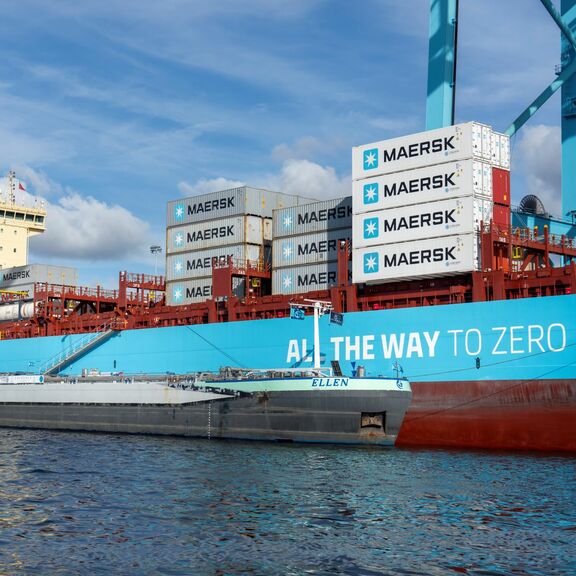
Import of hydrogen
Europe’s Hydrogen Hub
Rotterdam is the largest energy port in Europe, handling 13% of European energy demand. A vast quantity of hydrogen is needed not only as a replacement for part of the fossil energy supply, but also as a raw material for industry.
It is estimated that the amount of hydrogen passing through Rotterdam in 2050 could rise to 20 million tonnes. Besides for local consumption in Rotterdam and the Netherlands, the majority is intended for use in neighbouring countries, in particular Germany.
Transport of hydrogen
It is expected that 90% of future green hydrogen volumes will need to be imported. Where possible, gaseous hydrogen is transported via pipelines, as this is the most cost-effective solution. Vessels are used for countries and regions that are not connected to Rotterdam by pipeline.
Research by various experts shows that once hydrogen is loaded onto a vessel, transport distance has little impact on the final costs. The majority of transport costs are mainly related to making hydrogen suitable for transport. Unlike oil, for example, which is liquid at ‘normal’ temperatures, hydrogen must either be cooled significantly (to -253 degrees Celsius) to become liquid, or ‘packed’ (and unpacked) into another molecule, such as ammonia (NH3), methanol or a Liquid Organic Hydrogen Carrier (LOHC). This process requires energy, thus increasing the cost of hydrogen.
Import terminals for hydrogen
In order to facilitate imports, various parties in Rotterdam are looking at the development of import terminals. Currently, several types of hydrogen carriers can be handled in Rotterdam. It is expected that the terminal capacity for (green) hydrogen will be increased in the coming years.
More information? Contact:



